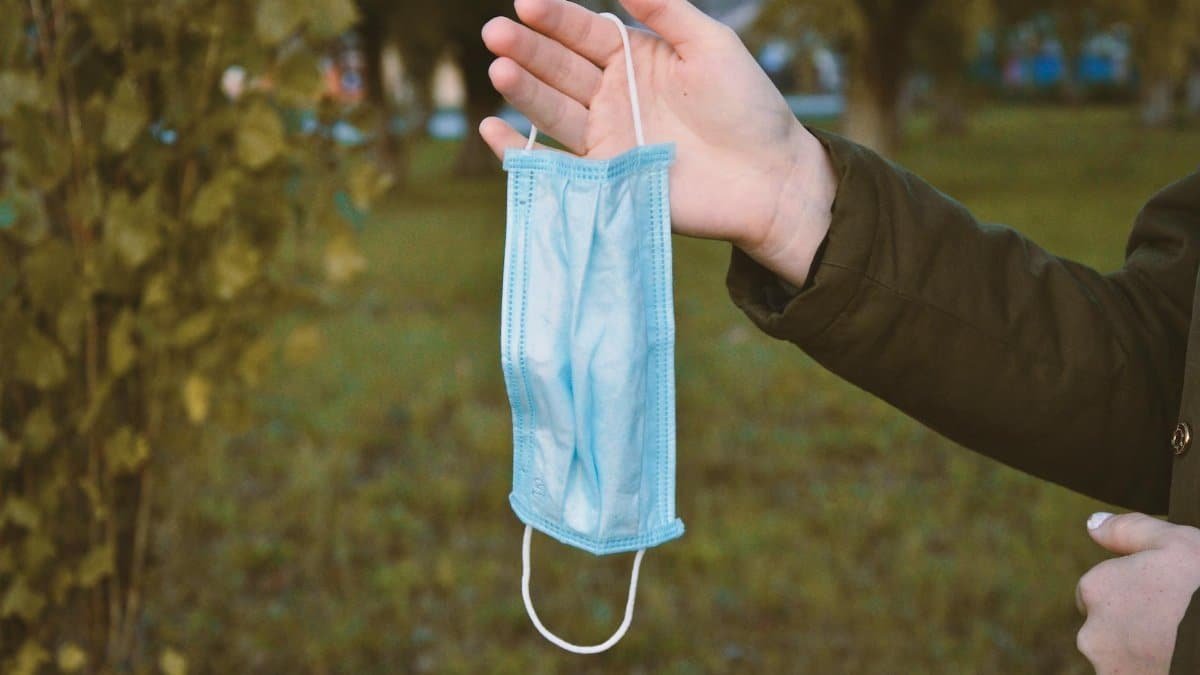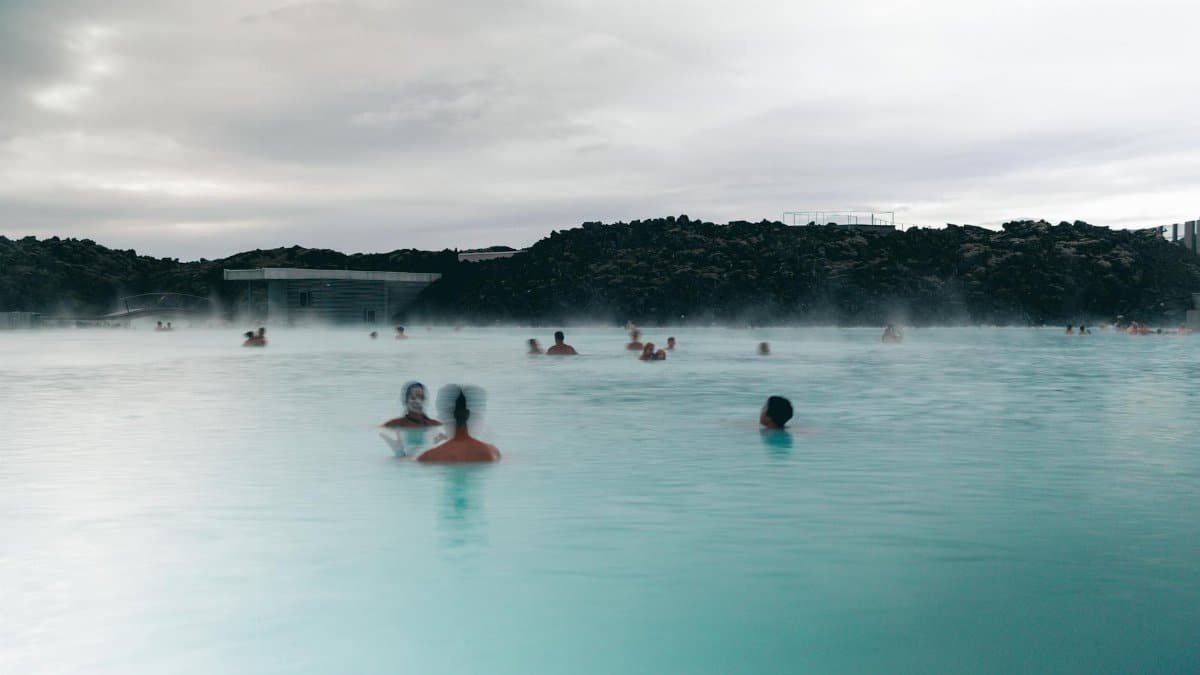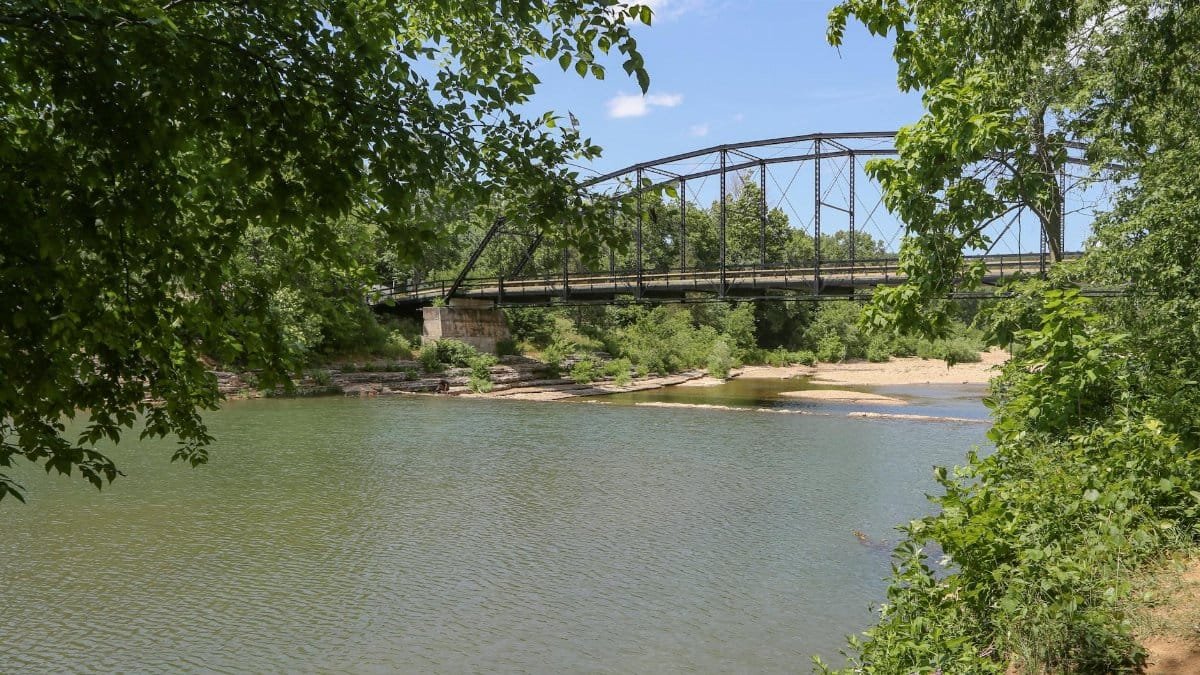Tulsa mindful kayaking is causing a major shift in outdoor wellness this year. Every night, the city’s recreation center sells out all 30 of its kayaks as participants flock to the Arkansas River for a unique blend of physical activity and mental calm. Equipped with waterproof heart rate monitors, kayakers are seeing measurable benefits, including a 20% gain in heart rate variability (HRV). Now, city planners are eyeing an expansion of these “blue-space” programs, signaling a growing trend in nature-based mindfulness across Oklahoma.
Sunset Paddling Draws Crowds

In Tulsa, the Arkansas River transforms into a haven of tranquility each evening. The local recreation center’s mindful kayaking program, launched as a pilot to combine physical exercise with mental wellness, has become a runaway success. With all 30 boats rented out nightly as of June 8, 2025, the program has tapped into a clear demand for innovative ways to de-stress. Participants paddle under the guidance of instructors who integrate breathing techniques with the rhythmic motion of kayaking, creating a meditative experience on the water.
Measurable Health Impacts

The program isn’t just about relaxation—it’s delivering quantifiable results. Participants wear waterproof heart rate monitors during sessions, and data shows a striking 20% improvement in heart rate variability (HRV), a key indicator of stress resilience and cardiovascular health. This metric, often used in sports science to gauge recovery and emotional balance, suggests that Tulsa’s approach to mindful kayaking could have broader implications for public health initiatives. For more on HRV and its significance, see resources from the National Institutes of Health.
Blue-Space Wellness on the Rise

The success of Tulsa mindful kayaking aligns with a growing body of research on “blue spaces”—areas near water that promote mental well-being. Studies have shown that proximity to rivers, lakes, and oceans can reduce anxiety and boost mood, a concept now being harnessed by urban programs like this one. Tulsa’s initiative is a practical application of these findings, blending the calming effects of water with intentional mindfulness practices. Learn more about blue-space benefits through research summarized by Pew Research.
City Planners Look to Expand

Encouraged by the program’s popularity, Tulsa city planners are exploring ways to build on this momentum. Proposals are in the works to extend blue-space programming beyond kayaking to include paddleboarding, a sport that could attract an even wider demographic. While details remain under discussion, the goal is to make water-based wellness activities a staple of community health efforts in 2025, potentially setting a model for other cities across the U.S. to follow.
Community Response and Demand

The nightly sell-out of kayaks speaks volumes about the community’s enthusiasm. Residents of Tulsa, a city often associated with urban hustle, are embracing this chance to reconnect with nature in a structured, meaningful way. The program’s accessibility—offered through the recreation center at a reasonable cost—has made it a go-to for individuals seeking balance without leaving city limits. This surge in participation underscores a broader cultural shift toward prioritizing mental health alongside physical fitness.
Potential for Broader Impact

Tulsa’s experiment with mindful kayaking could ripple beyond Oklahoma’s borders. As urban stress continues to challenge public health, innovative programs like this offer a blueprint for integrating nature into daily life. With measurable outcomes like improved HRV and a clear public appetite for such initiatives, city officials and wellness advocates alike are taking note. The proposed expansion to paddleboarding may be just the beginning of a larger movement to redefine how communities engage with their natural surroundings for better health.
